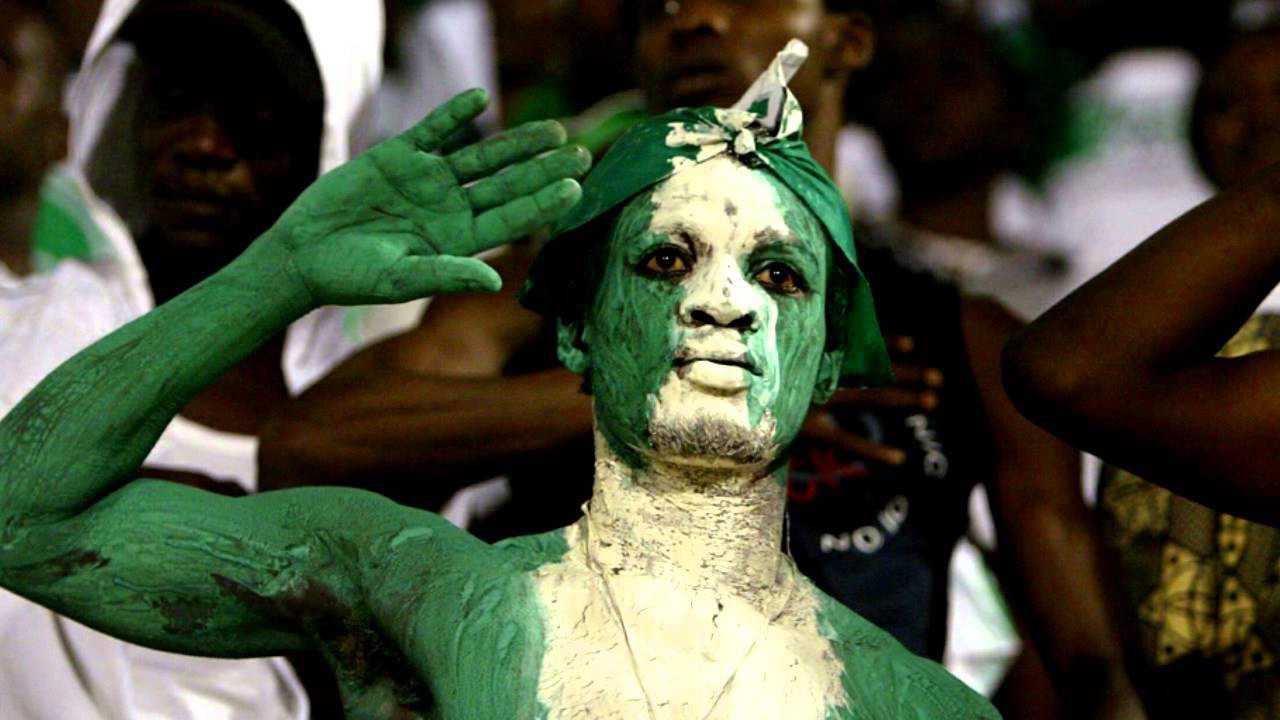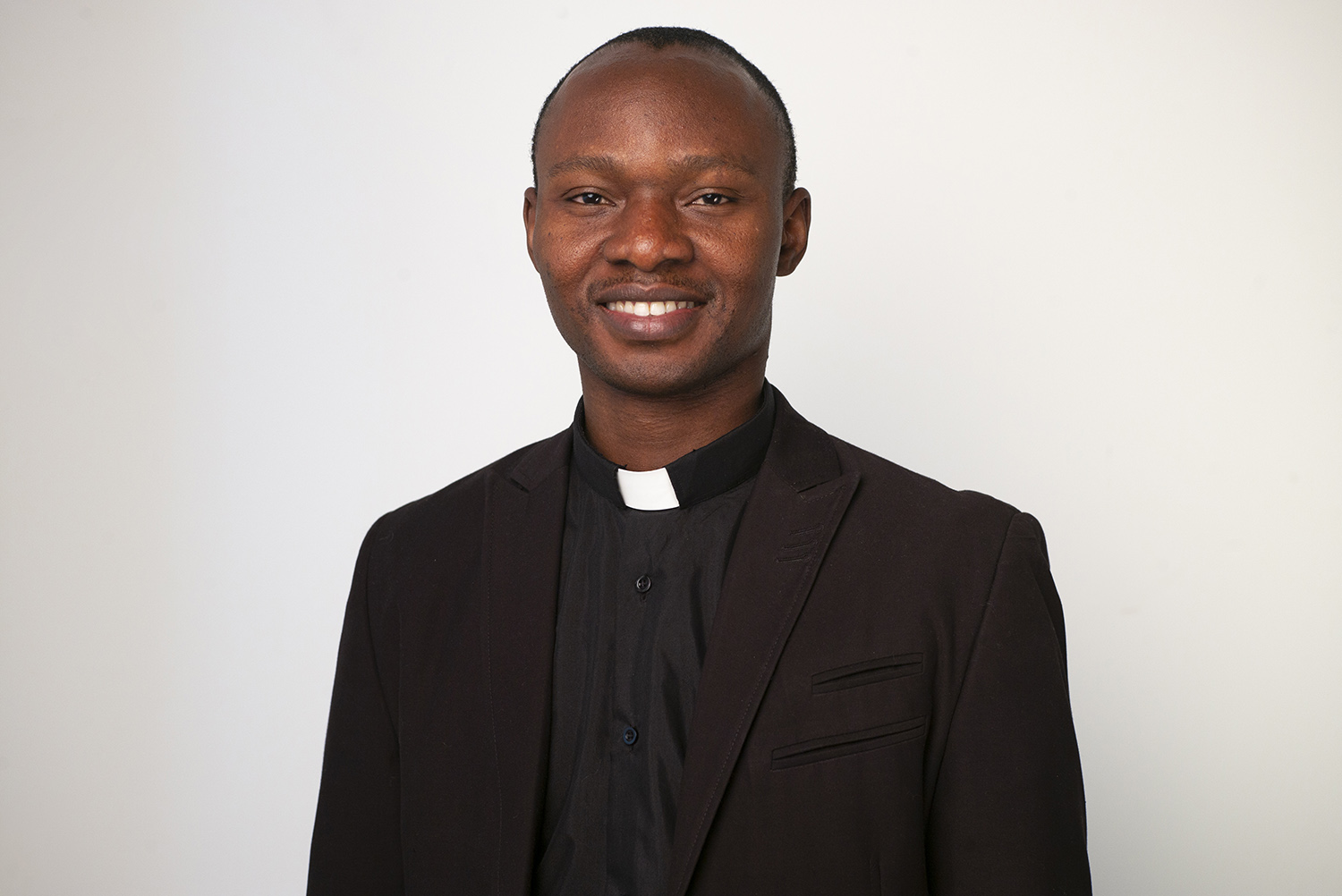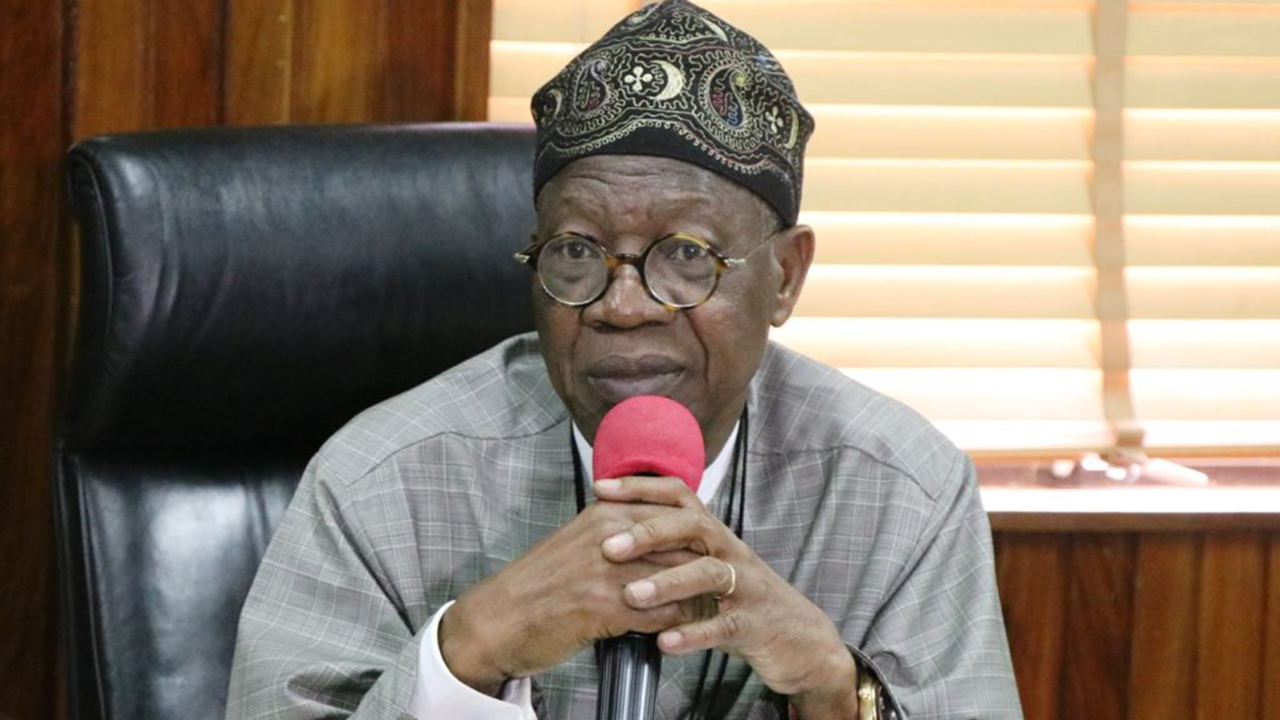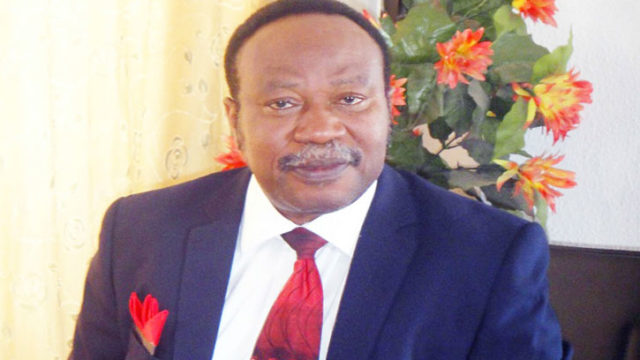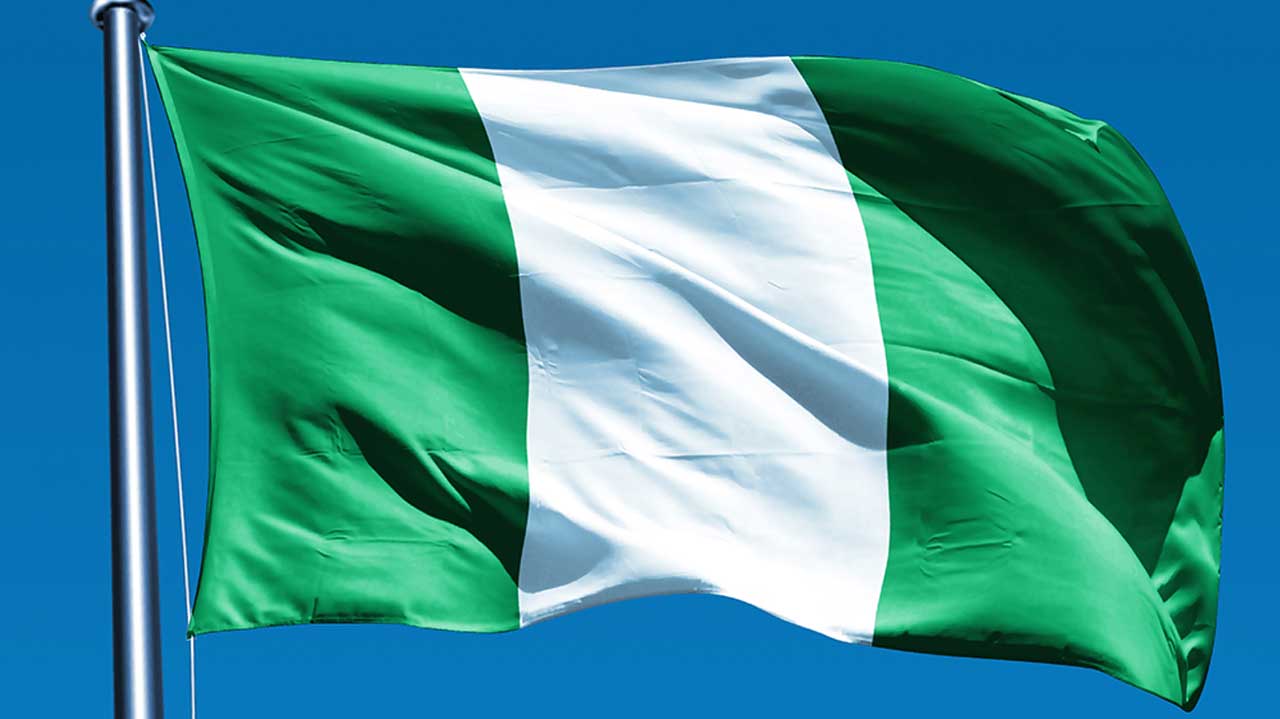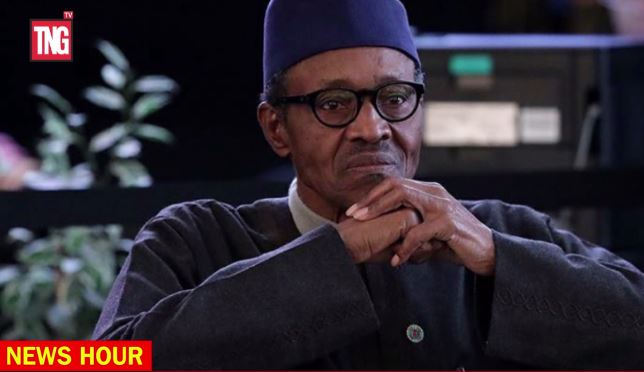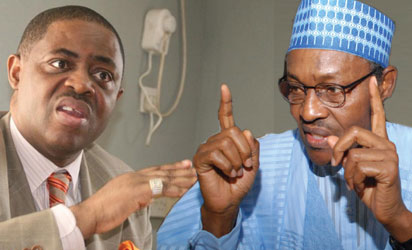It’s no more a new thing to everyone that Nigeria is now a failed nation and this failure must not be attributed to our well-established brainless, indiscipline, godless, ethnicitybias, religious bigots, and social rascals as our leaders. No, our political leaders have not failed us. Yes, they are just mere men born out of the whims and caprice of ‘men and moments’ rather say the available men of the times. Men and women who made themselves available in the realms of power while the Church of Christ in Nigeria continues to wallow in the spirit realms of holiness without righteousness and been heavenly conscious and earthly useless.
No, our political leaders did not fail us rather the church of Christ in Nigeria does. The leaders – Pastors, Bishops, Prophets and all spiritual leaders of the church failed the common man in the streets of Nigeria, killed the love of nationhood-patriotism in the
hearts of our children, betrayed the trust of our youths, wastes the reformed and revolutionary ideas of our intellectuals and our youths’ energy misplaced in the name of working for God – Gods work.
The norm has always been the church continues to pray for our political leaders, pray for peace in Nigeria. Pray, pray the pastors will say, pray for the peace of Nigeria for there lies the peace of the church and our society. In the first place, what happens to the peace of Nigeria? Was it stolen and the thieves could not be caught or the peace of Nigeria has been captured with no ransom demanded? Is the peace of Nigeria dead? But now you will say, the peace of Nigeria is threatened if that is true, by who? Who allows these elements of blood and scattered flesh as masters of political zombies to threatened our sacred peace as a great nation? While will the church of Christ in Nigeria continue to pray while men of bad blood continue to play games with the peace of our country?
Pray they say but for how long? How long will these prayers continue? how many deaths, terrors, and horrors can these prayers stopped?
The last time I checked, the more the church of Christ in Nigeria is praying for peace in Nigeria the more deaths, the more blood in the land, the more anarchy, divisions, and the sounds of war. Is the prayer of the church useless? You should judge by yourself.
Have these prayers changed the dirt, corruption mentality, and darkness that had loomed and swallowed our politicians since independence?
Let’s not forget that the church of Christ in Nigeria was praying when former President Obasanjo accepted and allowed Sharia Law to be prevalent in the northern part of the country against the 1996 constitution that governs everyone, regions, and tribes of the
country.
Where was the prayer of the church when Boko Haram started dancing their terror dance as a child play and sees how it has grown to become a national threat to our sovereignty as a nation?
The church was praying when former president Jonathan lost to the great and current president Muhammadu Buhari when we all knew what he stands for, his extreme religious ideologies when properly decipher from his person, training, and political career as
former military head of state from 1981-1984.
Where was the prayer of the church when his vice president – Osinbajo was used to divide the votes of the church in the greatest
electoral process of Nigeria’s democratic history of 2015.
The church is still praying while Fulani jihadist and herdsmen infiltrated our military, encroached into our farms’ lands from the north to the west, south to the east. Still in her knees praying the Fulani invasion continues to grow deeper and wider. The church
continues to pray and kidnappers continue to be kidnapped even including pastors been kidnapped and paid ransoms and goes back to prayer. All for a prayer of peace for Nigeria, pray and pray for the peace of Nigeria, yet what we have seen is the pieces
of a people disintegrated, degraded, killed with blood bleeding from all corners with bones shattered across every space of the country.
Why must the church continue in these religious fallacies cajoling the grace of God to be stupid and rendering the potency of faith as a wishy-washy phenomenon without any proof as stated in the books of James chapter two verses twenty “faith without work is
dead”. Prayer without work is death. While the church continues to pray millions of Nigerians are kidnapped daily and killed in the hands of terror and you are saying our Christian leaders should not be blamed? They are the real killers, terrors of horrors who beguile their congregants with hypocrisies of prayer without faith and faith without work thus the shedding of the blood of both the guilty and innocents Nigerians daily.
A country not at war but at war with itself and the church continues to play ‘peace war’ while there is a real war out there.
This is not a question of God still hears and answers prayers of the church. No! God hears and answers prayer yet God is not an irresponsible God. The church of Christ has become an irresponsible spiritual entity where God must build our nation for us. Where God must use our darkened-hearted politicians to walk in the light to build a great country. How does God change darkness to light? How? How will God change our wicked and
brainless politicians to righteous men overnight if the church is not swimming in the rivers of delusions and religious ‘Omni-nonsense’?
How will the church continue to pray for peace and won’t do anything? Every true lasting peace comes with a price. Every great nation today becomes great because the citizens of these nations pay the price of peace. The church must free herself from the
illusions of heavenly citizenship mentality and not citizens of the earth – Nigeria.
If the church continues to toll this path, blood will continue to flow in our lands from the north to the west to the south and down to the east and nothing will happen.
The church of Christ is the only hope for peace, stability, progressive growth, and the building of Nigeria to become a great country and the church will not do this by prayers alone. Praying alone will continue to make the church a political prey for political
predators to manipulate any time any day. If the church of Christ in Nigeria limits herself to prayers alone, then the thought pattern that these killings are restricted to the villages is a joke because it won’t be long when our cities that housed the big churches are
captured and becomes citadels of terrors and horrors and when this happens the church of Christ in Nigeria will suffer most.
Conclusively, our Christian leaders, real Christians must all wake up and take responsibility – political responsibility. If the church continues to remain the dancing winds of prayers and pray alone then it should know that for every Nigerian killed in any form and part of the country the church is socially, morally, politically, physically, and spiritually responsible. The church has failed Christ thus failed our great nation, Nigeria.
